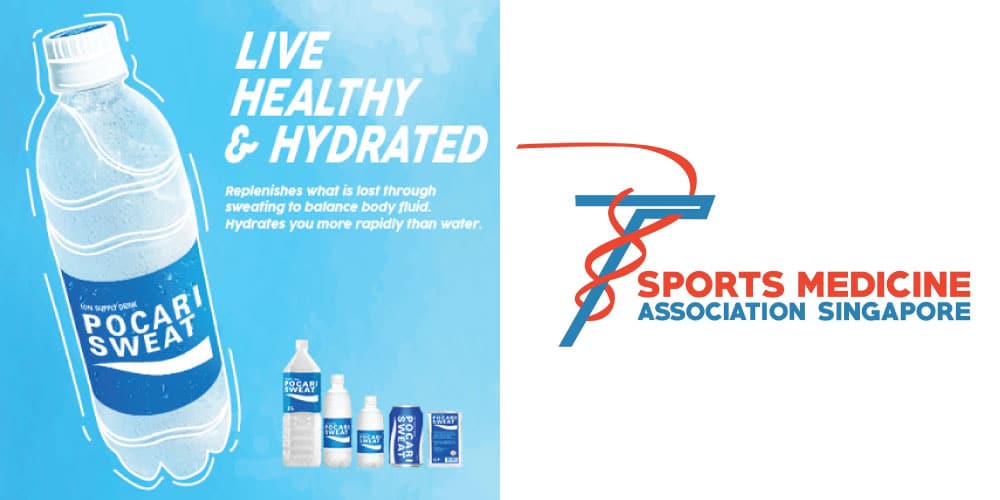Recently, Chinese media reported that a flight of Singapore’s low-cost airline Scoot (TR138) imported 12 COVID-19 asymptomatic cases into Tianjin, China, all of whom work in the construction sector in Singapore.
It noted that those 12 people who later tested positive for COVID-19 had their body temperatures recorded within the normal range between 36.3°C to 36.5°C and were declared without any COVID-19-related symptoms upon arriving in Tianjin Binhai International Airport.
One one person, a 43-year-old, was reported to have a blocked nose and decreased in sense of smell.
However, nucleic acid tests that were performed upon arrival showed that they were COVID-19 positive, and were subsequently categorised as asymptomatic cases.
On the other hand, according to Tianjin Centers for Disease Control and Prevention, Tianjin also added five imported cases from Singapore on 19 Aug, all of whom boarded the same flight (TR138).
COVID-19 cases in China that came from Singapore has been increasing
Earlier, TOC reported that Singapore has exported at least 40 cases of COVID-19 to China since National day on 9 Aug, most of them appearing to be Chinese nationals working in Singapore returning back to China.
Going through some of the provincial health commission websites of China, it is noteworthy that the number of COVID-19 cases that Singapore exported to China has been increasing.
As reported by Shanghai Municipal Health Commission, two Chinese men who working in Singapore arrived at Shanghai Pudong International Airport on 22 Aug and were later diagnosed with COVID-19 after developing symptoms during quarantine. One COVID-19 case in Shanghai on 18 Aug was also imported from Singapore.
As of 23 Aug, total of 14 infection cases in Shanghai were imported from Singapore since Singapore’s National Day.
As of 23 Aug, Fujian Province has reported at least five new cases of asymptomatic infections imported from Singapore.
On 22 Aug, Chongqing added four new cases of asymptomatic infections imported from Singapore, bringing the total number of Singapore’s exported cases to Chongqing to about eight since 9 Aug.
On 22 Aug, Zhejiang Province also reported two new asymptomatic infections cases, all of which were imported from Singapore.
Meanwhile there were total of five imported asymptomatic cases in Guangdong Province on 21 Aug, including one case that was imported from Singapore.
Reported by Health Commission of Shaanxi Province on 23 Aug, Shaanxi Province also recorded three new imported cases of asymptomatic infections from Singapore. One of these cases arrived on 14 Aug while two arrived on 21 Aug, all of them entering China via China Eastern Airline MU 2070 flights.
Those three people have been diagnosed with COVID-19 asymptomatic cases during their quarantine period.
As such, at least 20 imported cases from Singapore have been reported in Shaanxi Province so far since Singapore’s National Day on 9 Aug.
Following these new cases, the Civil Aviation Administration of China, the General Administration of Customs of China and the Ministry of Foreign Affairs announced on 20 Aug that all foreign travellers who are to fly from the Singapore to China will be required to take a nucleic acid test for COVID-19 and apply for certified Health Declaration Form within five days before boarding.
The announcement was also post on the website of the Chinese Embassy in Singapore.
MOM: All quarantine blocks for the migrant workers have now been cleared of COVID-19
Previously on 19 August, the Ministry of Manpower (MOM) declared that all quarantine blocks for migrant workers have been cleared of COVID-19.
However, just one week before the dormitories were cleared, there were new coronavirus cases detected at previously-cleared dormitories.
In a joint statement on 11 Aug, the authorities stated that the Interagency Task Force (ITF) is “actively monitoring” the dormitories to manage the risk of new outbreaks.
As part of precautionary measures, migrant workers were also required by the Ministry of Manpower (MOM) to undergo Rostered Routine Testing (RRT) every 14 days. This applies to the workers who are allowed to resume work in the construction, marine, as well as process sectors.
The RRT is one of the measures implemented to prevent a second wave of infections in the cleared dormitories, according to MOM.







